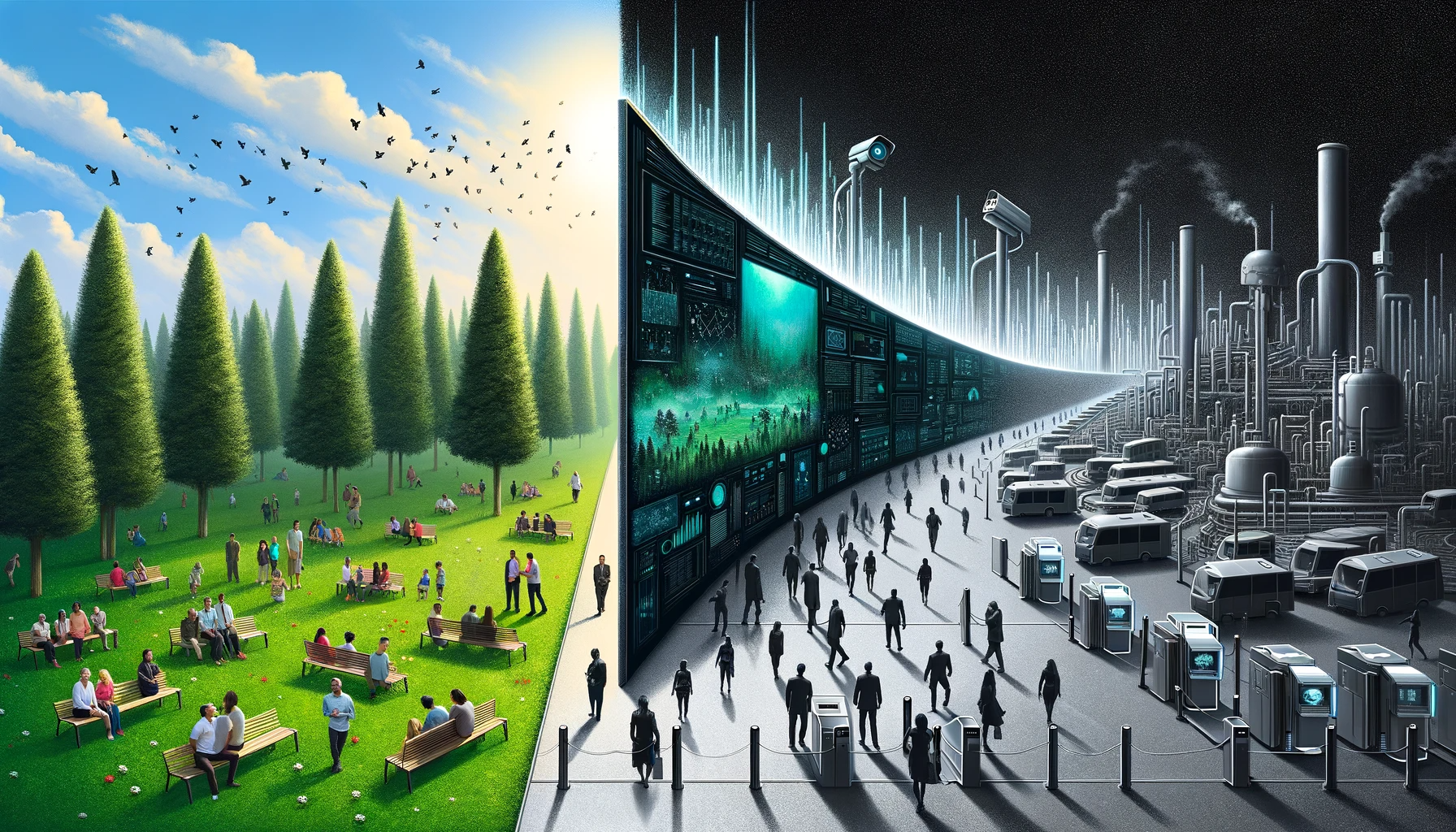Trust in Dutch society has declined in recent years, a trend also seen in other countries. Citizens trust both the government and each other less and less. That is why this week’s World Economic Forum in Davos was dedicated to ‘Rebuilding Trust’, which was also attended by Queen Máxima and Prime Minister Mark Rutte.
Why is rebuilding trust so important? Because mistrust leads to poorer relationships and cooperation, anti-social behaviour and reduced engagement between people and groups. It increases mutual prejudice, conflict, polarisation and extremism. And the ultimate result is that a society can fall apart. However, how do you restore trust?
Trust used to be attached to people. You could ‘earn’ trust by keeping your word, honouring agreements and being a person of integrity. However, society became increasingly complex due to urbanisation and globalisation. At the same time, the attacks of 11 September 2001 created the need for a more ‘objective’ form of trust, separate from people, who, after all, sometimes turned out not to be trustworthy.
The rise of statistics, machines and automation offered a solution and introduced a new kind of trust; not in people, but in systems, procedures and in numbers. The freedom of teachers and healthcare providers was curtailed and replaced by procedures and protocols based on reports and statistics. Passengers at airports used to be able to just walk through, but for 22 years now, since 9/11, they have had to have their naked bodies ‘temporarily’ scanned in a round security booth before being allowed to board. The message: other people cannot be trusted, it is better to check them.
But because it was still people doing the procedures and operating the systems, people and trust remained central. In conversation, you could explain that you would rather not go through the body scanner because you are pregnant, or that your child’s low Cito score was caused by a death. But with the advent of increasingly powerful and cheaper sensors, big data and algorithms, decisions are increasingly made automatically, without the intervention of subjective, expensive and sometimes unreliable employees. Now even the last bit of human trust has become redundant.
And so a dehumanised society is emerging, driven by faceless, bureaucratic institutions and their computer systems applying impersonal default rules. A society that no longer functions on trust, but on mechanical evidence. The automated body scanner at the airport will ask: ‘can you prove that you are pregnant?’ And the Cito algorithm will only reconsider the result after uploading a verified death certificate. The security guard and the teacher will be reduced to powerless bystanders, looking nervously at the screen along with the passenger and the school child, awaiting the decision of the all-powerful computer.
This mechanistic approach may be cost-effective, but at the expense of trust between people, which is replaced by the outcomes of a machine, the ‘ultimate outsider‘ symbolising truth and objectivity. Thus, we have inadvertently created a society in which efficiency is more important than empathy and control more important than compassion, and in which people are viewed not through a lens of trust, but from a deeply technologically institutionalised distrust. This is one of the main causes of declining human trust.
And there they were, our world leaders in Davos. Not to talk about perhaps not introducing mandatory face scanning of everyone travelling to the European Union after all, or to revisit the European Commission’s plans to start scanning all chats, audio and video conversations of all European citizens for criminal material, treating every citizen and tourist as a potential criminal. No, for one week it was about how to regain citizens’ trust. But that, then, is the wrong question. Because how can trust thrive in a soil poisoned by a system of pervasive distrust?
And so, to restore trust, the systems that create distrust must first be dismantled. That means giving teachers and healthcare providers back their autonomy, relaxing checks on people a bit again and not introducing face scans and scans of everyone’s personal communications, but doing away with them. And for that, we need the world leaders from Davos. That is why I propose that next year’s World Economic Forum should not be about ‘Restoring Trust’, but about ‘Reducing Distrust’.
This column was published today in Dutch by De Volkskrant.

Leave a Reply